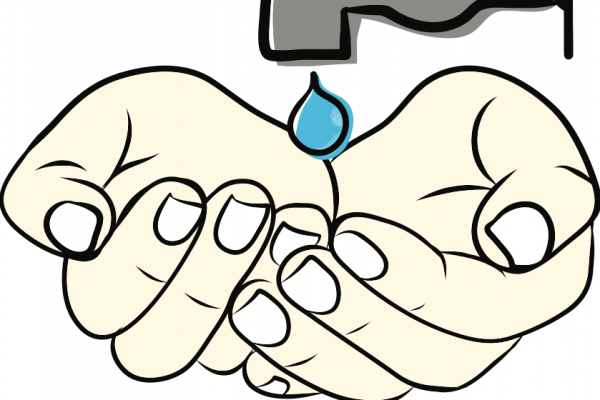Jul 21, 2014
Water was created by none of us—just like air and earth and fire. It was not made to be enslaved in a market price or bottled into a "good," yielding ownership and power. Water is a commons, a precious gift given by the creator. But today, water is becoming the subject of war.
Read the Full Article

Already a subscriber? Login
